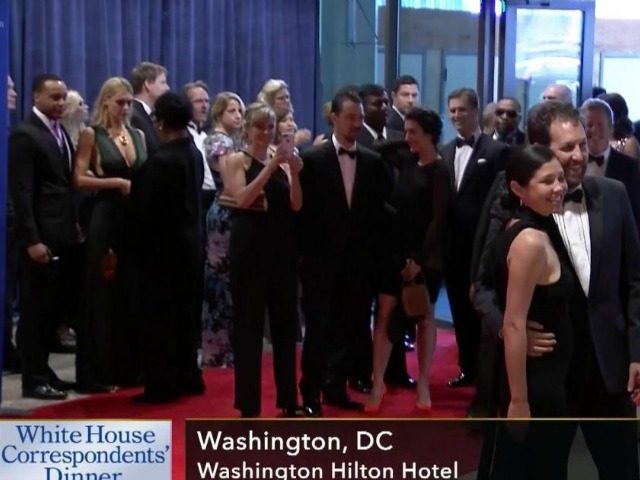The elitist legacy media need more socioeconomic diversity, according to a journalist whose husband, who is a garbage man, worries that his blue-collar job will embarrass her when she socializes with other reporters.
Journalist Heather Bryant, a John S. Knight Fellow at Stanford, recently described a conversation she had with another journalist at a conference in which she was asked what her husband did for a living:
“He’s a truck driver and a mechanic.”
“…Oh.”
“Yeah, right now he drives for a trash company.”
“That must be…an interesting perspective to have around.”
“While they didn’t explicitly say it, the person was very much thrown off by the nature of my husband’s work. I was left with a very strong feeling they were expecting a more middle-class answer than a garbage worker,” she wrote. “Journalism has a class problem. We know this. The best internships are for students with the resources to work unpaid or with low pay in some of the most expensive cities in the country.”
Bryant wrote that the journalist’s surprised reaction made her wonder “how badly our industry really lacks for people with more diverse socioeconomic backgrounds.”
“Our journalism would be better if we were a better representation of the backgrounds and experiences our audiences have,” she wrote.
Bryant’s husband also seems conscious of the legacy media’s elitism because he worries that he might embarrass her in front of other journalists.
“If that conference interaction is how a journalist responds to my husband’s job while idly chatting, how do they cover the sanitation worker that ends up in a story they are working on?” Bryant asked. “If talking about someone to that person’s spouse isn’t enough to cause one to mask aversion, how do they talk about people to whom they feel even more distance from? What does this mean for our audience’s ability to trust us?”
Bryant then points out how when her husband goes on his garbage route in the liberal San Francisco Bay Area, he is treated the best in the “rougher neighborhoods and the working class areas” while “disrespected” and looked down upon in the wealthiest enclaves:
There’s a recurring theme in the work stories he shares with me. His routes take him all over the Bay Area. Through the nice neighborhoods of the upper middle class and the extremely well off gated communities. Through the working class communities, the rougher parts of Oakland and the areas where the businesses are surrounded by the homeless. It’s fascinating how people treat him based on only their knowledge that he is the trash guy. The vast majority of disrespect, rudeness and condescension happens in what many would call the nicer neighborhoods. Kindness and appreciation, people giving him a cold drink on a hot day or just saying thanks happens most in the rougher neighborhoods and the working class areas.
Bryan said that though her husband does “have a four year degree,” she would “wager that he has a hell of a lot better understanding of people than some of the journalists that I know.”
Bryant’s piece indicates why so many journalists in the legacy media not treat working-class voters—and the issues they care about—with nothing but disdain and completely could not understand what motivated Americans who lived outside of their insular bubbles to vote for Trump in 2016.
As NBC’s Andrea Mitchell recently acknowledged at the LA Press Club while receiving a lifetime achievement award, the legacy media were blindsided by President Donald Trump’s victory.
“We have to better,” she reportedly said. “We never saw it coming.”
It is worth noting that the late Tim Russert’s father was a garbage man. And perhaps that is why, for all of his faults, Russert was better able to earn the trust of average Americans than most of today’s smug and out-of-touch reporters in the legacy media.
@mitchellreports to colleagues on the craft's coverage of the 2016 campaign "We have to do better…we never saw it coming." @LAPressClub
— NPC President (@NPCPresident) June 26, 2017

COMMENTS
Please let us know if you're having issues with commenting.